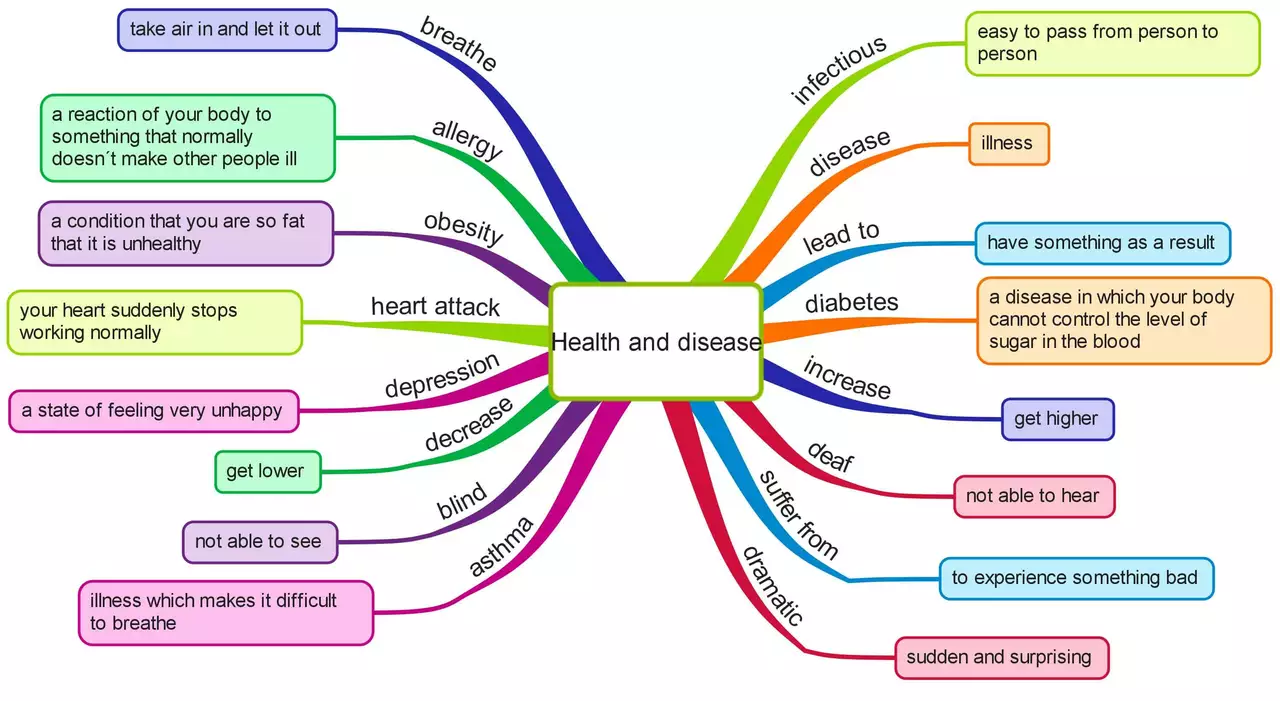Tympanites – What It Is and How to Treat It
If your belly feels unusually swollen or tight, you might be dealing with tympanites. In plain words, it’s just a fancy name for a bloated abdomen caused by trapped gas or fluid. Most people notice the puffiness after a big meal, but sometimes it sticks around longer and can feel uncomfortable.
Common Causes of Tympanites
The gut is full of bacteria that help break down food. When they ferment carbs quickly, they release gas that can get trapped in the intestines. Eating lots of beans, carbonated drinks, or high‑fiber foods often triggers this. Swallowing air while talking, chewing gum, or smoking also adds to the mix.
Beyond diet, some medical issues raise the risk. Conditions like irritable bowel syndrome (IBS), small intestinal bacterial overgrowth (SIBO), and constipation can slow gut movement, letting gas linger. Even heart failure or liver disease may cause fluid to collect in the abdomen, mimicking tympanites.
Ways to Relieve the Bloat
The first step is simple: eat smaller meals more often. Cutting down on fizzy drinks and chewing slowly reduces the amount of air you swallow. Adding a gentle walk after meals helps move gas through your system faster.
If diet tweaks aren’t enough, over‑the‑counter options like simethicone tablets can break up gas bubbles. Probiotic supplements may rebalance gut bacteria over time, but give them a few weeks to show results. For chronic cases linked to constipation, a mild fiber supplement or stool softener can keep things moving.
When symptoms persist, it’s wise to see a doctor. They might order an abdominal X‑ray or ultrasound to rule out serious issues like an obstruction. Prescription medications that target specific gut bacteria are also available if SIBO is the culprit.
Remember, occasional bloating is normal – our bodies react to what we eat. But if your belly stays distended for days, feels painful, or comes with vomiting or weight loss, get professional help fast.
By watching what you eat, staying active, and using simple remedies, most people can keep tympanites at bay. Keep these tips in mind the next time you feel that uncomfortable puffiness – a few small changes often make a big difference.
In today's blog post, we'll be exploring the connection between tympanites (abdominal bloating) and stress, and how our mental state can have a direct impact on our gut health. It's no secret that stress can wreak havoc on our bodies, but many people don't realize that it can also affect our digestive system. When we're stressed, our bodies produce stress hormones that can lead to imbalances in our gut, ultimately causing bloating and discomfort. One way to combat this issue is by practicing stress-reduction techniques such as meditation, exercise, and deep-breathing exercises. Remember, taking care of our mental health is just as important as taking care of our physical health, and a happy mind can lead to a happy gut!


 Medications
Medications